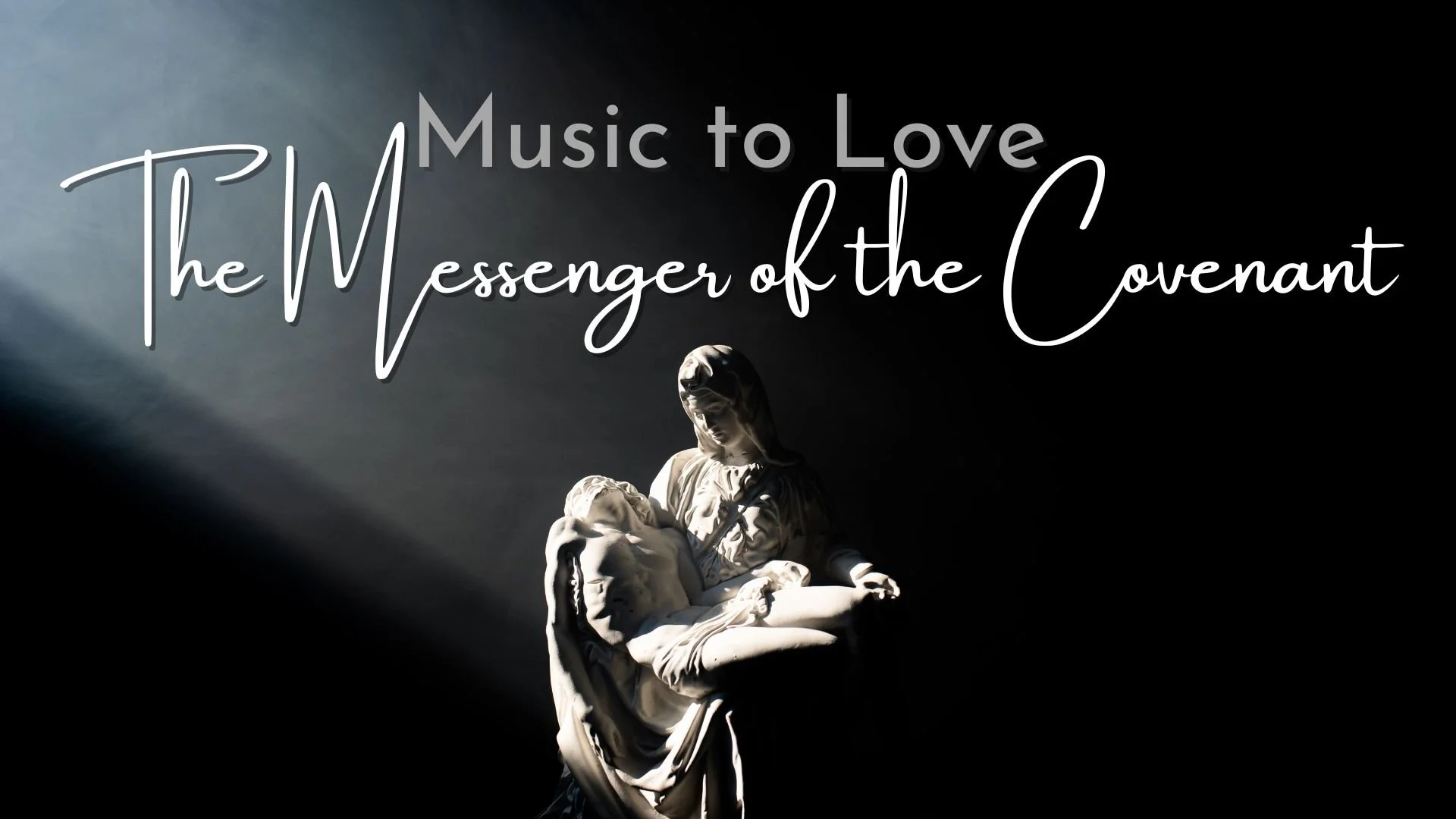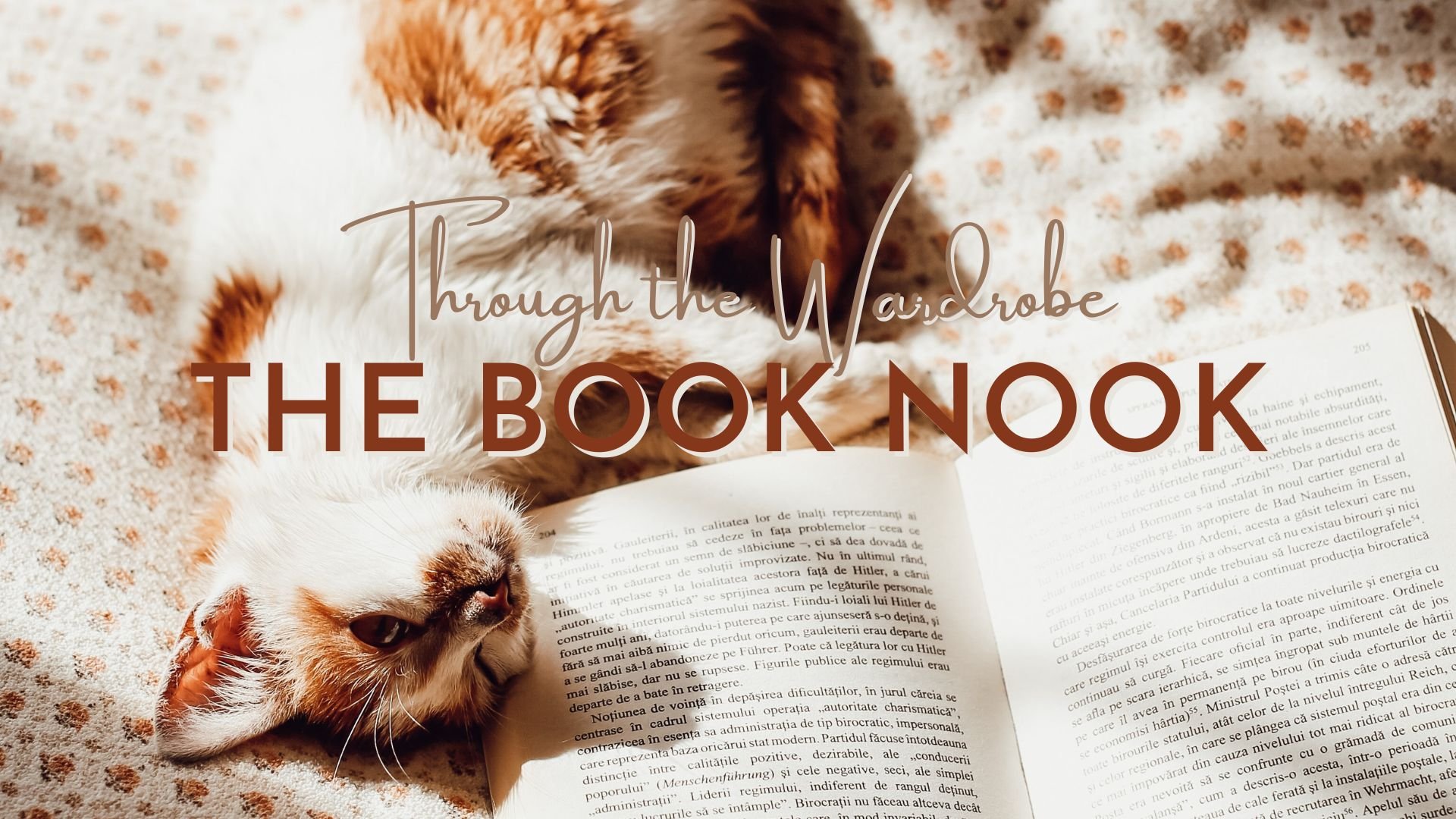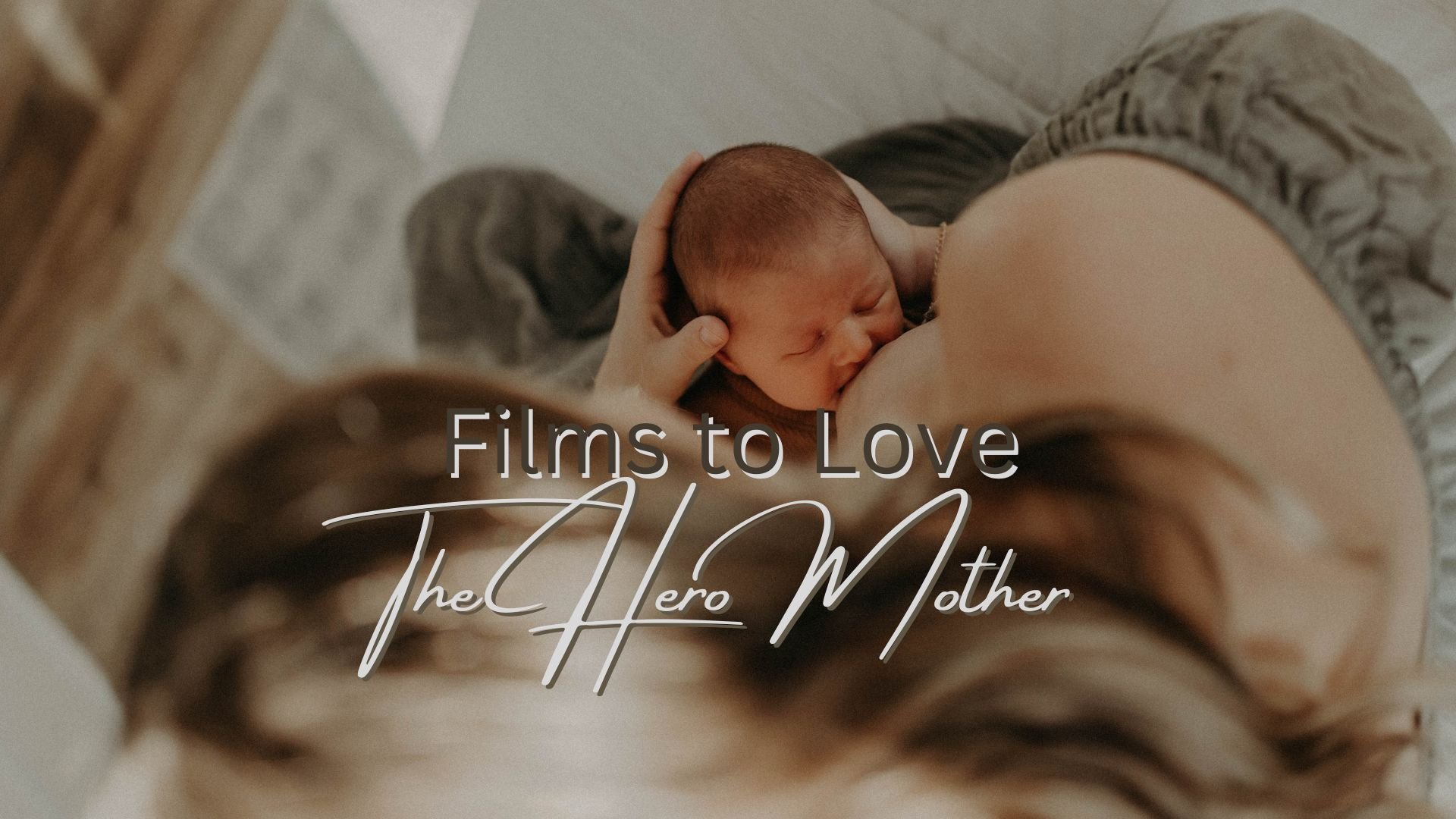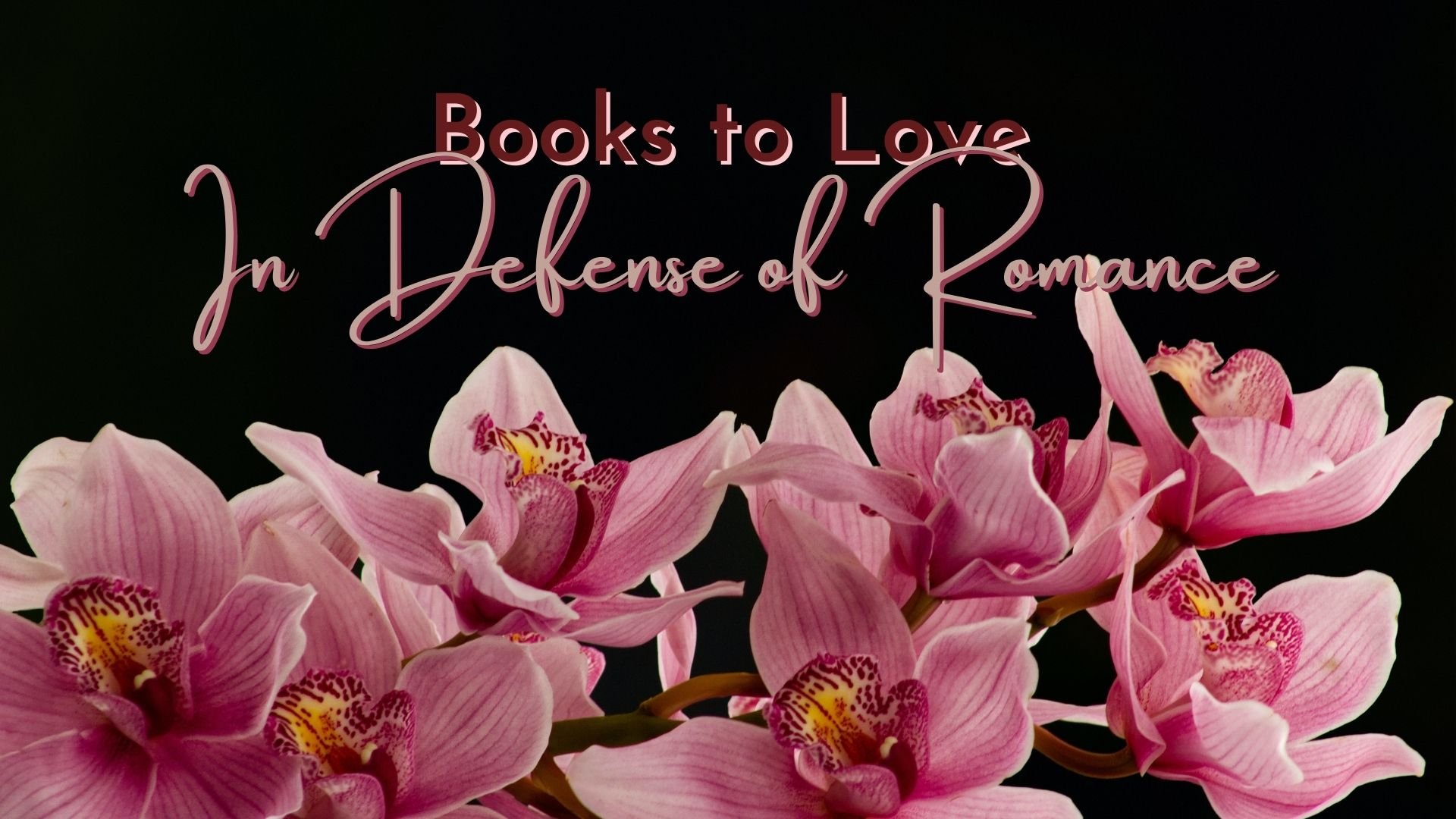Netflix's Persuasion: Half Agony? Half Hope?
At this point, any Austenite must be aware of the hoopla surrounding the latest presentation of Jane’s swan song Persuasion on Netflix.
When I first heard of the adaptation, I was cautiously hopeful. After seeing the trailer, that optimism waned. So, when I heard all the fallout from so many Austenites whose opinions I regard highly, I was fairly certain that I would not care for it.
However, I decided it was not sporting to take someone else’s opinion on the matter. Persuasion is my favorite Austen novel and holds a dear place in my heart. That being said, I rarely like any of the adaptations. The one I believe captures the subtlety and heart of the novel the best is the 1995 production starring Amanda Root and Ciaran Hinds.
Before I pressed play, I decided to give this Persuasion a fair shake. I expected it to be different and was determined to embrace those differences rather than hold them against it.
Without further gilding the lily, here’s my take on Netflix’s Persuasion:
As a film, it checks the boxes of entertaining. It’s even engaging. But it is not Jane Austen’s Persuasion. This is an important point because it addresses one thing that I have seen in defense of this adaptation.
As the Austen community never wants to strike out nastily at any adaptation, the one aspect of the 2022 Persuasion I have heard that is positive is that it engages a new audience of young people to pick up the book.
This is a potential truth. However, because the character of Anne so greatly deviates from that of Anne in the book, my one fear is that these new engaged readers will find the novel wanting, or will be surprised at the actual content of the book in comparison with that of the film. I’m all for expanding Jane Austen’s horizons, but I do not think this is the way in which to do it.
Rather than defend the book, which needs no defense, I’ll share my biggest pet peeves as well as the portions that I genuinely found enjoyable.
I’ll start with what I liked first. There are far fewer instances of those than the parts that I loathed.
So here goes.
The Opening Sequence
It was clear from the start that the purpose of this adaptation was to render it more palatable for a modern audience. In some ways this was managed with great success and a soupçon of humor. The opening sequence is a prime example. Anne’s narration of her lot in life is sprinkled with truly laughable moments where she pokes fun at herself. The whole bit about being single and thriving because she gets to drink fine wines and take hot baths. That was well done. It wasn’t Austen, but it quickly encapsulated the loneliness and hopelessness that Anne’s character feels. I also happened to think the addition of her taking the viewer through her momento box was hilarious. The thick stack of sheet music tied with a ribbon being the playlist Wentworth made for her was a delightfully anachronistic juxtaposition of Regency versus modern. Brava on that score.
Richard E. Grant
Richard E. Grant is fantastic in whatever he decides to do. When it comes to playing pompous, insufferable snobs, he has the market cornered. No one does it as well as him while infusing a generous dollop of humor into the performance. In Netflix’s Persuasion, he was superb at Sir Walter Elliot.
“I’m an empath.”
Mary Musgroves late Elliot is not an empath in the book. However, the argument she does give in the book lines up beautifully with the sentiment expressed in this scene in the movie. I did laugh aloud. Furthermore, it does bring a parlance into the film that helps modern viewers engage with the narrative.
“He’s a ten, and I never trust a ten.”
I have a love-hate relationship with this line. I admire in the conviction with which Anne delivered it. I also find it funny. But, it certainly does not belong in an Austen adapted novel, nor is it anything remotely close to any sort of sentiment that the actual Anne Elliot possessed in regard to Mr. Elliot.
The Octopus Scene
I have seen the memes and the outrages over this scene. I understand them, and for the most part, applaud them. In a Jane Austen novel, this scene is wildly inappropriate. In Netflix’s Persuasion, it is uproariously funny. Of course, it is followed by some indecorous remarks made by the smooth operator Mr. Elliot, which can make an already uncomfortable scene more awkward, but, still, the utter absurdity of the octopus deserves a hearty laugh.
Captain Harville
Captain Harville is one of my favorite characters in the book. He’s minor, I know, but each scene he’s a part of, he provides levity and joviality. In Netflix’s production, he’s particularly jovial. In truth, he was the only character that I really liked at all.
The Costumes
While many of the costumes took license with the traditional Regency style, I very much enjoyed the manner in which they modernized the style. It still fit within the time period, but had a distinct modern flare. Particularly that riding suit Anne wore. And that beret. LOVE IT!
Anne is not Anne
Remember your Shakespeare. Love is not love which alters when it’s alterations find or bends with the remover to remove; oh, no it is an ever fixed mark…
Anne is like that. She is constant. While in her youth, she was persuaded by a woman who she regarded much in the place of her mother to ignore her intuition and her heart, the Anne we meet at the start of Persuasion has grown greatly. She is an anchor in her family, in possession of the sensibility and amiability that made her mother such an important fixture within the household. And while Sir Walter Elliot, her father, and Elizabeth, her elder sister, do not see her worth, it is evident that Anne’s presence provides a steady current upon which the frivolity in her family may float.
She is long suffering. She comprehends the selfishness of her kin and their hypocritical behavior in all regards, yet she embraces them and chooses to remain generous and kind in her character towards them at all times. Never once does she speak ill of them or malign their character or poke fun at their hypocrisy. This aspect of Anne is keenly observed by those who love her and makes her all the more dear to them.
In the Netflix’s production, Anne is not kind. While she is long suffering, she is not generous about it. Rather, in the soliloquies and asides she has throughout, Anne speaks with an underlying humor to her expression that makes it seem like she’s either flirting with whom she is speaking or finds the person with whom she is speaking to be laughable and is poking fun at their expense.
One glaring example of how Anne is not Anne takes place during the dinner at the Musgroves. Ignoring the fact that the screenwriters chose to omit the superb dialogue between AdmiralCroft, Mrs. Croft and Wentworth (a thing which I cannot understand given the very lines Jane Austen wrote are en vogue with the heavy feminist tones spouted throughout), in the 2022 film, Anne blurts out that Charles Musgrove wanted to marry her first before he settled for Mary. Now, in the novel, this is true; Charles did first propose to Anne, but she turned him down. However, the book Anne would NEVER have said a word about it because it would have hurt Mary’s feelings and further estranged her from her in-laws who so clearly prefer Anne to their daughter-in-law.
Dialogue and Behavior
I’m all for modernizing aspects of classic literature when it is translated to the screen. However, I do not think it works to completely juxtapose Regency garments with modern vernacular and modes of behavior. Netflix’s Persuasion disregards all manner of comportment customary to the Regency era. Regency society was very precise and strict. There were appropriate channels of communication, discourse, and interactions between people of all classes. Austenites LOVE this about Jane’s books. This structure is integral to her novels which makes disregarding it unfathomable.
The first instance of this was the conversation between Lady Russell and Anne at Kellynch Hall. It came off as juvenile and flippant rather than tender and maternal. The way Jane Austen wrote the relationship between Lady Russell and Anne, any conversation delving into Anne’s sorrow and disappointment would be one conceived in tenderness and compassion. Furthermore, the book is clear that Lady Russell laments Anne’s seemingly hopeless condition of being her age and unattached, but not that Anne didn’t marry Wentworth. So, when the modern Lady Russell quickly remarks that she’s sorry that Anne is upset at having lost Wentworth and apologizes for her part in dissuading her, it doesn’t ring true.
Furthermore, the screenwriters complete lack of understanding of the etiquette of the time is annoying. Case in point, Lady Russell would never call Wentworth’s regard for Anne into question by citing that he hasn’t written to her. After a rejected proposal, it would be inappropriate for him to do so. Lady Russell would know this.
The character interaction and conversation only devolves after that. Henrietta and Louisa Musgrove are poorly drawn. Anne introduces them as beautiful in every way, with no flaws, whereas in the book, while they are likable enough, they are also rather silly and impulsive. Louisa Musgrove’s conversation with Anne encouraging her to pursue Wentworth and win his heart is embarrassing. So is the subsequent discussion when Louisa asks Anne if it’s all right with her if she pursues Wentworth for herself. This is anachronistic and irritating in the extreme.
Little to no dialogue is given to Wentworth and Anne until an overly florid torrent of compliments comes from Wentworth while in a private meeting on the beach in Lyme. This feels disingenuous since any prior interaction between them has been hostile and nasty. We viewers are left scratching our heads wondering where this burst of emotion is coming from. The screenwriter(s) have given these actors nothing to work with nor has the director. So, we are left with wooden performances.
Which brings me to my next pet peeve.
Telling, Not Showing
I’ve written about the Show, Don’t Tell Golden Rule when it comes to writing, but I have discovered that this same rule applies to screenwriting, and in turn, filmmaking. In the case of Netflix’s Persuasion, this rule was blatantly ignored.
Persuasion is all about subtlety. The attraction between Anne and Wentworth is there all along, but it is subtle. This is an actor’s dream to convey. Their relationship grows organically but slowly. Yes, when the story opens up, we know that Anne has been disappointed in love. We know that her disappointment was because she allowed herself to be swayed by other people’s opinion. However, we do not know how Wentworth feels toward Anne when he returns. This lack of knowledge is maximized to the best advantage for the unfolding of half agony, half hope on full display throughout the book.
In a movie, the screenwriter(s) and director are afforded several advantages. First, they know how the novel ends. They know that much of what Anne is going through in the novel, Wentworth is also going through. Second, because of the nature of the medium, film allows the viewer to see more than what is actually written, which gives the screenwriter(s) and director license to explore the subtle unfolding.
In Netflix’s Persuasion, the unfolding of the relationship between Wentworth and Anne was untold. Considering that it’s the whole point of the story, not having that misses the crux of the novel. Worse, the chemistry between her and Mr. Elliot is through the roof. Not good. Note that I say chemistry. It is not just the dialogue that sparks when these two are on screen. They are like magnets drawn to one another and that is the antithesis of what their relationship is like in the book.
Having Anne talk to the viewer, with smirks, raised eyebrows, and knowing glances, took a lot away from the scenes. While I did find some of her monologues and soliloquies interesting and insightful, the great negative is that she told us a lot of what we should think rather than allowing us to divine it for ourselves.
Case in point: Mary Musgrove. When Mary is first discussed in the novel it is because she has sent a letter to Kellynch Hall requesting that Anne come and stay with her through the autumn. In Jane’s humorous way, she makes it clear that while Mary may suffer from some light afflictions, mostly she is a woman given to aggrandizing her illnesses as a way to keep herself relevant. However, when the letter from Mary arrives, Anne is relieved. Her father and sister are just about to depart for Bath, letting Kellynch Hall to Admiral and Mrs. Croft. While Lady Russell would like to invite Anne to stay with her until she joins her family at Christmas, she cannot extend the invitation because she will not be in her own residence the whole time, either. Anne does not wish to go to Bath, so when Mary’s letter comes requesting that she make the short journey to Uppercross, she seizes happily on the invitation.
Anne knows Mary lives fully immersed in her emotions. Whatever she feels, she fully surrenders to. We see this play out throughout the course of the novel. Mary complains all the time about her sisters-in-law, but when Louisa falls at Lyme, she is beside herself with grief, weeping and wailing and refusing to leave her side. While this is selfish on her part, it is not really narcissism as modern day Anne caustically declares.
In Netflix’s Persuasion, we are told by Anne that Mary is a narcissist. We are told by Mary herself that she’s an empath. And the dialogue that follows is only there to further emphasize these two suppositions.
Another case in point: We are told that Wentworth and Anne had a previous relationship that was so serious, he proposed marriage to her. As this was not done lightly in Regency England, we know his intentions were of the highest regard, and from what Anne reveals, we know his passion for her was great. None of that is translated onto the screen, even though we are told that all this happened. We see nasty, cruel discourse between them only; never even real kindness. Yet, we are supposed to feel his passion when he goes on his over the top complimenting spree. Nope. Didn’t work. And continued not to work throughout the whole film.
And now, let’s get specific with the dialogue.
“Now we were worse than exes. We were friends.”
Aside from the fact that the concept of friend zoning is thoroughly modern, this response from Anne is not even alluded to in the novel. Wentworth and she never have this conversation or anything remotely close to it. It’s badly done, as Knightley would say.
The Universe has a plan / The Universe has perfect timing
Not only would Jane Austen never have written such drivel, but as the daughter of a vicar, she would have wondered at the notion of ascribing divine aspects to a non-entity. She would have spoken of Providence, a divine Creator, or God before she would ever have written about the universe. It smacks of disrespect for Austen.
The Bathroom Scene
Raise your hand if you’re comfortable with honest eavesdropping.
I am. Which leaves me puzzled at the choice of the director to have Anne preparing to relieve herself by a tree in order for her to eavesdrop on Louisa and Wentworth. Completely unnecessary and uncomfortable.
On the whole, I did not like this film. I will not be watching it again. Nor would I recommend it to anyone who wants to dip their foot into Austen or her works. If you are interested in watch a truthful adaptation of Persuasion, please check out the 1995 adaption with Ciaran Hinds and Amanda Root. The screenwriters and director have true reverence for Jane Austen’s work.
The manner of approach to Persuasion from Netflix- her most serious and heartfelt novel- would be more appropriate for Emma. I could stomach the liberties better as Emma is a little more tongue in cheek. In Persuasion, it deconstructs the depth, subtlety and heart of the characters and their interactions.
Have you watched Netflix’s Persuasion? What do you think of it?









































